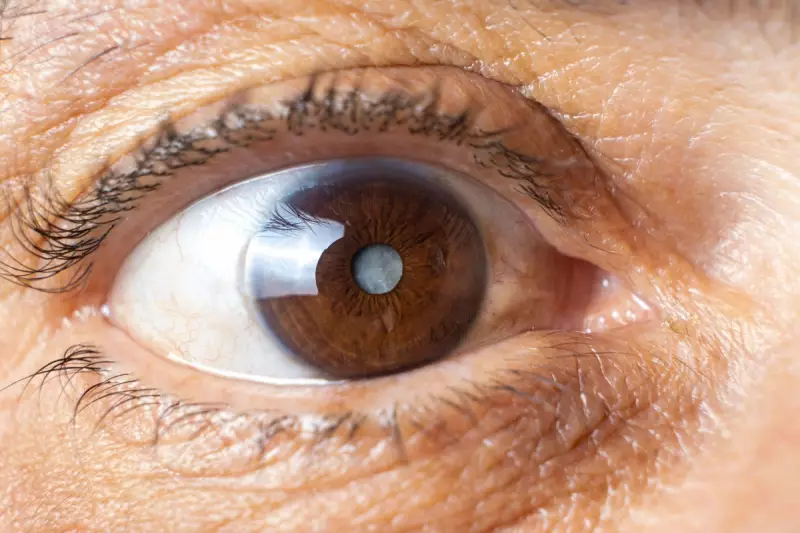
In a landmark development for ophthalmology and elderly care, a comprehensive NHS study has revealed that undergoing cataract surgery on both eyes delivers transformative benefits far beyond improved vision. The research, conducted across multiple UK hospitals, presents compelling evidence for prioritising bilateral procedures.
The Breakthrough Findings
The extensive study followed patients who received sequential bilateral cataract surgery (SBCS) – procedures on both eyes within weeks of each other. The results were nothing short of remarkable:
- 38% reduction in falls compared to single-eye surgery patients
- Significant improvement in overall visual function and quality of life
- Enhanced depth perception and contrast sensitivity
- Reduced dependency on glasses for daily activities
Why Two Eyes Are Better Than One
Professor John Sparrow, the study's lead author from Bristol Medical School, explains: "The brain works best when both eyes receive clear, coordinated visual information. Treating just one eye creates an imbalance that affects depth perception and increases fall risk, particularly in the elderly."
The research demonstrates that the second surgery completes the visual rehabilitation process, allowing patients to fully benefit from modern cataract techniques.
Transforming Patient Outcomes
Beyond the dramatic fall reduction, patients reported life-changing improvements:
- Renewed ability to drive safely, particularly at night
- Improved reading and engagement with hobbies
- Greater confidence in navigation and mobility
- Enhanced colour perception and visual clarity
NHS Implications and Future Care
This research comes at a crucial time as the NHS addresses growing waiting lists for elective procedures. The findings present a strong case for prioritising complete visual rehabilitation through bilateral surgery rather than treating single eyes in isolation.
The study advocates for a paradigm shift in how cataract treatment is approached, potentially reducing overall healthcare costs by preventing fall-related injuries and improving elderly patients' independence.
As the NHS continues to innovate in patient care, this research provides clear evidence that sometimes, the best approach is to see the complete picture – with both eyes fully functional.





